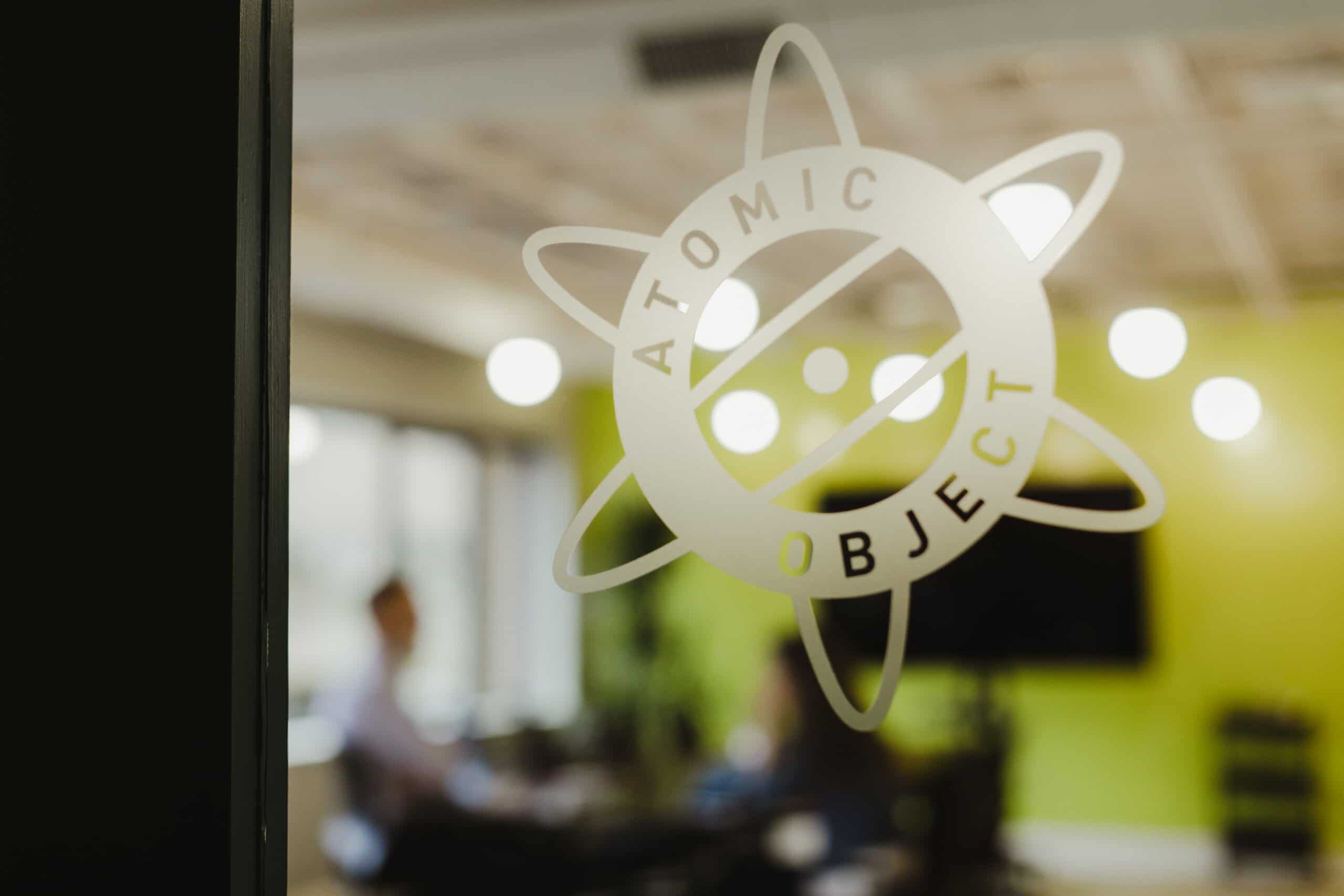A big part of my job as a managing partner at Atomic Object involves interviewing candidates considering joining our team. During my conversations with recent college grads, I am often asked, “How will Atomic Object support my growth as a developer?” I love hearing this question. That’s because it tells me right off the bat that this person has a hunger to learn and grow. If you’re that type of person, you’ll be delighted to discover all the ways Atomic can support your growth.
In 2015, Shawn Crowley (Atomic’s co-CEO) wrote this post, highlighting many of the benefits of starting your career at a consultancy. Shawn’s post does a great job of identifying the unique experience you will get through the broad range of clients we work with. He also explains how that experience will make you a well-rounded technical professional. However, based on my personal experience as a developer at Atomic for eight years, I would highlight a few additional aspects. These three practices make Atomic a great choice for a computer science grad that cares deeply about growing professionally.
Small, Tight-Knit Teams
As a developer at Atomic, you’ll be working on a small team. Most teams consist of three to five developers, a designer, a delivery lead, and an exploratory tester. All teams are self-managing, which means no manager is sitting over them telling them what to do. The team members work together and with their clients to build a shared understanding of the project goals and requirements, and then to execute a plan to meet those goals. For a junior developer, working in this environment means you’ll not only get exposure to the project planning and technical architecture work, but you’ll also be a participating member in the process.
Atomic teams also frequently use pair-programming as part of their collaborative work style. We believe pair-programming carries many benefits to both the outcome of our work as well as to our teams. Working with a pair can help a newcomer get up to speed in a new environment very quickly. The in-the-moment code review leads to fewer mistakes and fewer bugs making it into production.
There’s another Atomic team practice that’s especially beneficial to junior developers. That’s the routine of regular team feedback meetings and sprint retrospectives. During these meetings, team members reflect on how the last two weeks of work went and offer feedback and suggestions for future improvements. While all teams follow a similar agile process, they are also empowered to adjust the process as they see fit to best meet the needs of the project and the team. Retrospective meetings are a great chance to discuss what’s going well and what’s not and to brainstorm how we can make things even better.
Dedicated Career Development Manager
Support for career/professional development has long been a priority for Atomic Object. Every employee has the opportunity to work with a dedicated Career Development Manager (CDM). Your CDM works with you as a coach and a mentor to help identify areas where you want to grow professionally. You can work together to set personal goals and put in place a plan to help you reach those goals. Your CDM is someone who wants to see you succeed and wants to see you follow your passions.
The Career Development Manager program exists entirely for your benefit, so you can fine-tune it to your liking. Typically, CDMs facilitate annual and quarterly planning sessions with each person they work with. Additionally, there are periodic check-in meetings throughout each quarter.
Teach and Learn Culture
If you know anything at all about Atomic’s culture, you probably know about our company values. We talk about our values often because we believe they are the “special sauce” that makes our company exceptional.
All of our values are important, but one is especially meaningful when it comes to supporting the growth of others: Teach and Learn. To embrace the Teach and Learn value is to recognize that none of us are ever done learning. By sharing what we’ve learned with others, we make Atomic a better place for all.
While project teams are typically quite small, that doesn’t mean that makers at Atomic are siloed. Atoms are often eager to lend a hand to a colleague on a different project. This helps them avoid having to solve a problem that has already been solved in the past. We call this practice “tapping the brain trust.” Our company Slack org makes this possible even across our three offices. At Atomic, you might not have the answer to every problem, but it’s easy to find others who can help you find yourself in need of an expert.
Ultimately, growing professionally is on you as an individual. It’s your responsibility to take the time to plan, consider your options, choose a direction you want to move, and do the work to make it happen. Nobody can do that for you. But, working at a company that has a support system in place and a strong culture to assist you in that journey can make a huge difference. This is what makes Atomic a great place to start your career.

